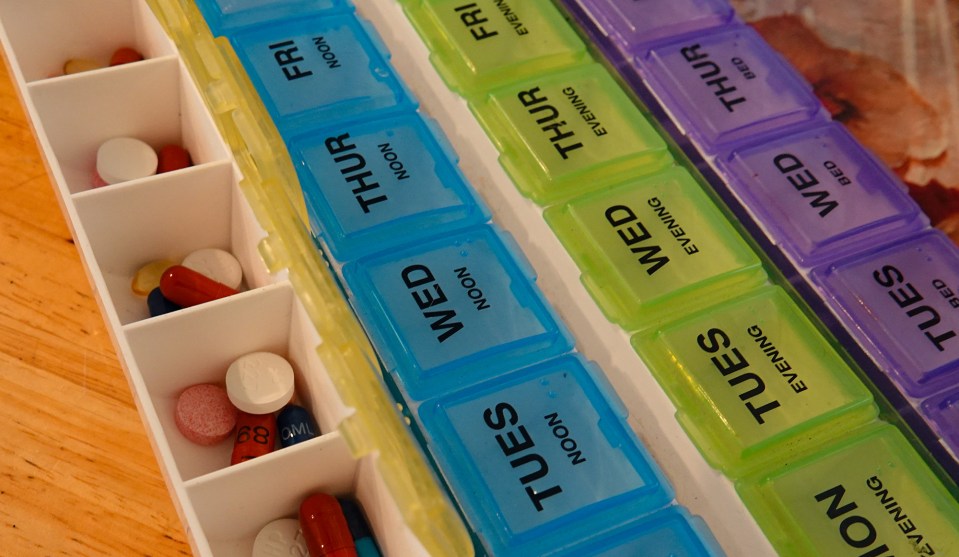
Kevin Drum
Last Friday President Trump unveiled four executive orders that he claimed would revolutionize the prescription drug industry. Let’s take a look at three of them:
- The first order clarifies that discounts under a program for low-income patients should be passed directly on to patients. This is a fine idea, but Trump’s version applies to only a tiny segment of the market.
- A second order eliminates rebates that drug companies pay to Medicare Part D plans for seniors. In other words, it raises drug prices.
- The third order allows importation of drugs from Canada. This has been underway for a while, so there was nothing new in Trump’s announcement. What’s more, Canada is still opposed since it wants to make sure Americans don’t cannibalize their supply of drugs.
Taken together, these three executive orders would have only the most modest effect. But how about the fourth order? This one would direct Medicare to base the price it pays for certain drugs to the price paid by foreign countries. In theory this might be a good idea that forces pharmaceutical companies to treat the United States more fairly. But hold your applause: it would apply only to drugs administered by physicians and Trump gave drug companies 30 days to come up with a better plan. There’s a good chance that even this limited proposal will never see the light of day.
I have not been able to find a rigorous analysis of how much these proposals are likely to affect the overall cost of prescription drugs. At a guess, though, the first two are minuscule and cancel each other out. The Canadian reimportation rule will save consumers some money, but not much overall.
So that leaves the “favored nation” rule, which at least has the potential to drive down the cost of certain expensive drugs. Unfortunately, there’s no way of knowing what impact it will have until Trump issues an actual order instead of simply using it as a threat to hold over the heads of the pharma industry—which he’s been doing for the past couple of years with no results. Given the opposition of both pharma and most of the Republican Party, this is a pig in a poke until we see a final order.


















